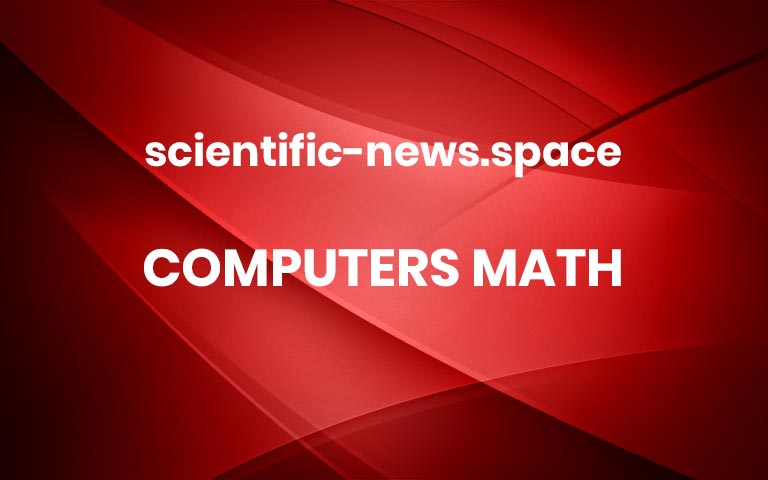Faster computing results without fear of errors
Researchers have pioneered a technique that can dramatically accelerate certain types of computer programs automatically, while ensuring program results remain accurate.
Their system boosts the speeds of programs that run in the Unix shell, a ubiquitous programming environment created 50 years ago that is still widely used today. Their method parallelizes these programs, which means that it splits program components into pieces that can be run simultaneously on multiple computer processors.
This enables programs to execute tasks like web indexing, natural language processing, or analyzing data in a fraction of their original runtime.
“There are so many people who use these types of programs, like data scientists, biologists, engineers, and economists. Now they can automatically accelerate their programs without fear that they will get incorrect results,” says Nikos Vasilakis, research scientist in the Computer Science and Artificial Intelligence Laboratory (CSAIL) at MIT.
The system also makes it easy for the programmers who develop tools that data scientists, biologists, engineers, and others use. They don’t need to make any special adjustments to their program commands to enable this automatic, error-free parallelization, adds Vasilakis, who chairs a committee of researchers from around the world who have been working on this system for nearly two years.
Vasilakis is senior author of the group’s latest research paper, which includes MIT co-author and CSAIL graduate student Tammam Mustafa and will be presented at the USENIX Symposium on Operating Systems Design and Implementation.Co-authors include lead author Konstantinos Kallas, a graduate student at the University of Pennsylvania; Jan Bielak, a student at Warsaw Staszic High School; Dimitris Karnikis, a software engineer at Aarno Labs; Thurston H.Y. Dang, a former MIT postdoc who is now a software engineer at Google; and Michael Greenberg, assistant professor of computer science at the Stevens Institute of Technology. More


